Zak Humphrey has never made a film before.
Now the 21-year-old is fundraising to fly to Uganda to shoot a documentary about the dark side of wildlife conservation, including the plight of the indigenous Benet people, evicted from their ancestral land to make way for a national park.
According to Amnesty International, around 18,000 Benet have been forced from their forest homes in Mount Elgon over a period of three decades.
The hunter-gatherer community now lives in temporary settlement camps with limited access to water, sanitation and healthcare – but the continued risk of violence from forest rangers.
Zak has been working part-time in cafes since graduating last year, to help raise the £12,000 his team of eight volunteers needs to film with the Benet for three months in rural Uganda.
His team includes two Ugandan filmmakers and a legal adviser – a friend studying for a law degree – as well as fellow graduates acting as research assistants.
“It’s ambitious, and some might call it naïve, but we’ll make it work,” Zak, from Lambeth, said. “I’ve always loved wildlife conservation, I’ve just had a passion for it. But I was so surprised that in the hundreds of hours of documentaries I’ve watched, I’ve never heard this perspective.”
Four thousand miles away, on the outskirts of Mount Elgon National Park, NGO coordinator Mungech Chebet has been working as a fixer, a local link between Zak and the Benet community.
The 34-year-old has been advocating for Benet rights to land and social services as part of the Benet Lobby Group for over a decade, and hopes the documentary will make a difference.
“I would like to see a community that is free from injustice,” he said. “A community that is safe and settled and has a place called home, and that enjoys fundamental human rights like other communities across the globe.”
The Amnesty report states the problem began when the British colonial government declared Mount Elgon’s moorlands and grasslands a forest reserve.
The Benet were evicted by the National Forest Authority in 1983, then by the Uganda Wildlife Authority ten years later, when the land was declared a national park.
In 2008, another 200 families were evicted by the UWA, which claimed they were still settled inside the national park, despite the government having allocated the land to the Benet after the previous evictions.
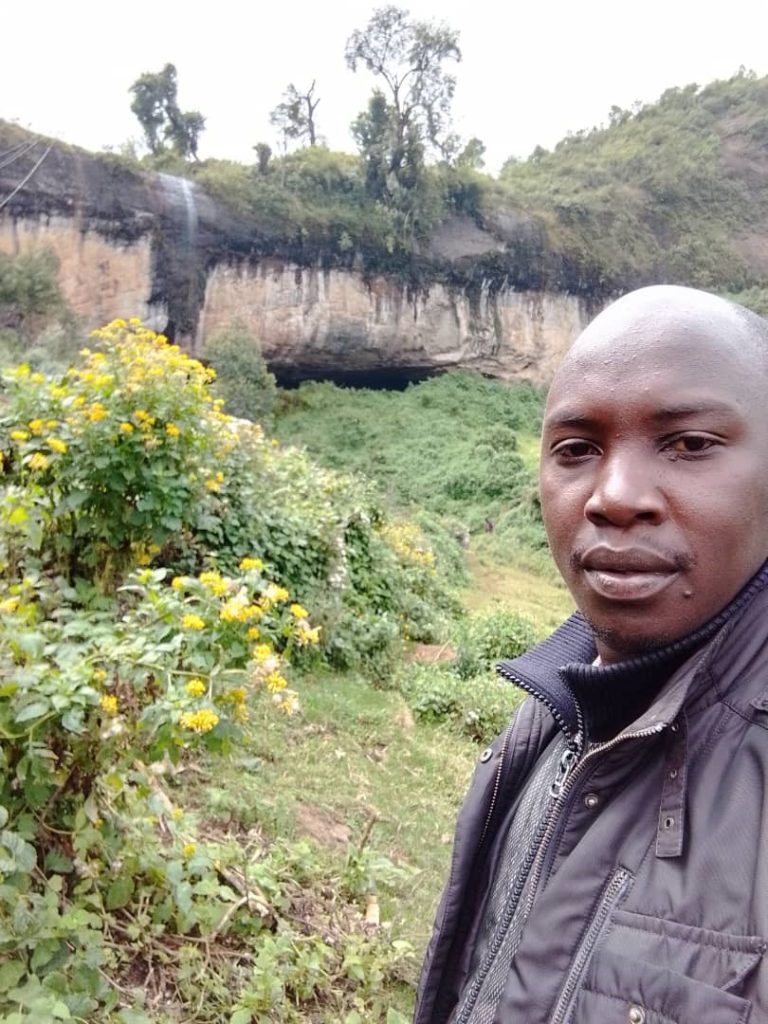
Amnesty International, which spoke to 61 evictees, reported accusations of violence when Benet people attempt to enter the forest, as well as alleged extortion by UWA wardens sent to prevent them from cultivating crops, grazing animals and performing cultural rituals on the land.
The Benet are seemingly not alone. In 2018, communities in Apaa in northern Uganda were forcibly evicted by soldiers and the UWA, according to Amnesty, claiming they had settled on a wildlife reserve. According to Amnesty International, hundreds of people in the villages of Oyanga, Luru, Acholi Ber and Gaji were left homeless by the Uganda Peoples’ Defence Forces on the orders of the UWA and the National Forestry Authority, burning down over 250 homes and beating villagers.
In 2019, the High Court ruled the state should develop and implement protection guidelines against forced evictions – but Mungech says every Benet family has a story of rape, torture or murder.
He claims he has been beaten twice: on one occasion, in 2019, he says his group were all beaten on their way to see a community member who had himself been beaten and shot.
“Conservation is okay, but it should be a joint effort,” Mungech said. “We are the people who preserved this forest for generations. We have the knowledge to do so. We need collaboration to ensure proper management of the forest.”
The father-of-four is now an assistant town clerk, and hopes the documentary will tell the stories of the abuses and violations he says are being committed in the name of conservation.
Zak, who wants to present documentaries in the future, believes he can’t tell these stories alone. Before launching his fundraiser, he contacted two award-winning Ugandan filmmakers, Vons and Bellion, who agreed to help.
“I think that’s really important, because when you look deeper, this is a story of colonial legacies,” Zak said. “I feel like it would be a bit naïve of me as a Brit to go over to Africa to tell a Ugandan story.”
In early February, Vons and Bellion met with Benet contacts including Mungech to interview members of the community in the rural villages in which they now live.
“I just felt these are the types of stories we need to tell to the rest of the country, to the rest of the world,” said Vons, who wasn’t previously interested in wildlife conservation. “These are people that are suffering and need bigger voices to speak for them, to help them.”
Vons asked for his full name not to be used, because he is anxious about backlash from the Ugandan government. “They wouldn’t want stories like this to go out. But this is my job. And as a human, you do have those feelings of worry, but you have to do the work.”
That work is gaining traction. Benet community elders from villages adjacent to the national park have discussed the documentary in meetings and agreed to participate, and Zak is also partnered with the charity The Forest Peoples Program.
Roland Ebole, a regional researcher for Amnesty International in Uganda and Tanzania, said Uganda’s Parliamentary Committee on Human Rights has told Amnesty it is working with the Ministry of Lands, Housing and Urban Development and the Office of the Prime Minister to procure land and resettle the Benet community.
He added Amnesty has told the committee the Benet people must be “meaningfully and actively engaged” in identifying land for resettlement.
“At times changes are slow or can be partial, such as where communities have not been resettled yet but are getting empowered to speak for their rights,” Roland said. “The only request to make is to work with the community, to accompany them rather than purport to speak for them or on their behalf.”
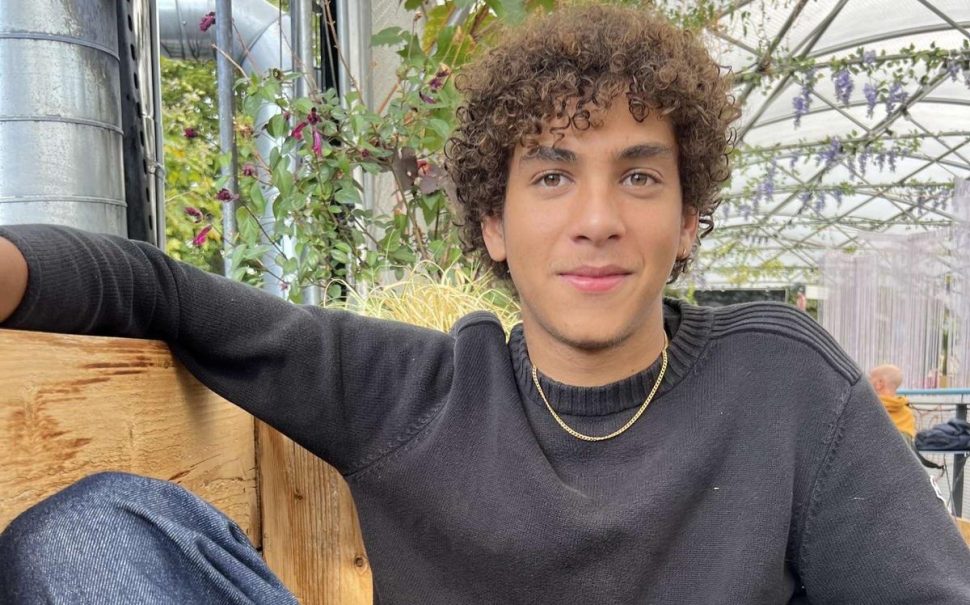

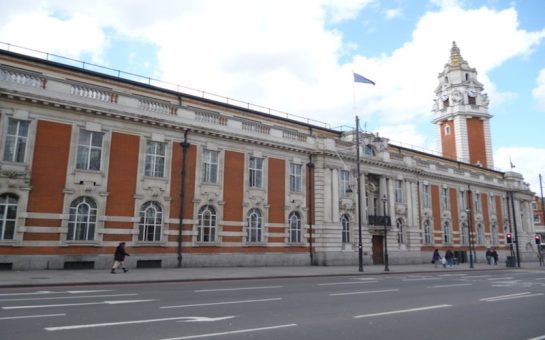
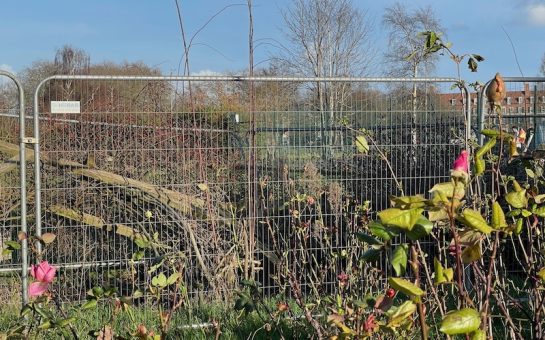
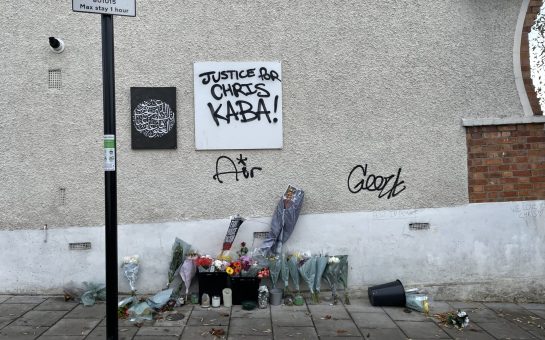

Join the discussion